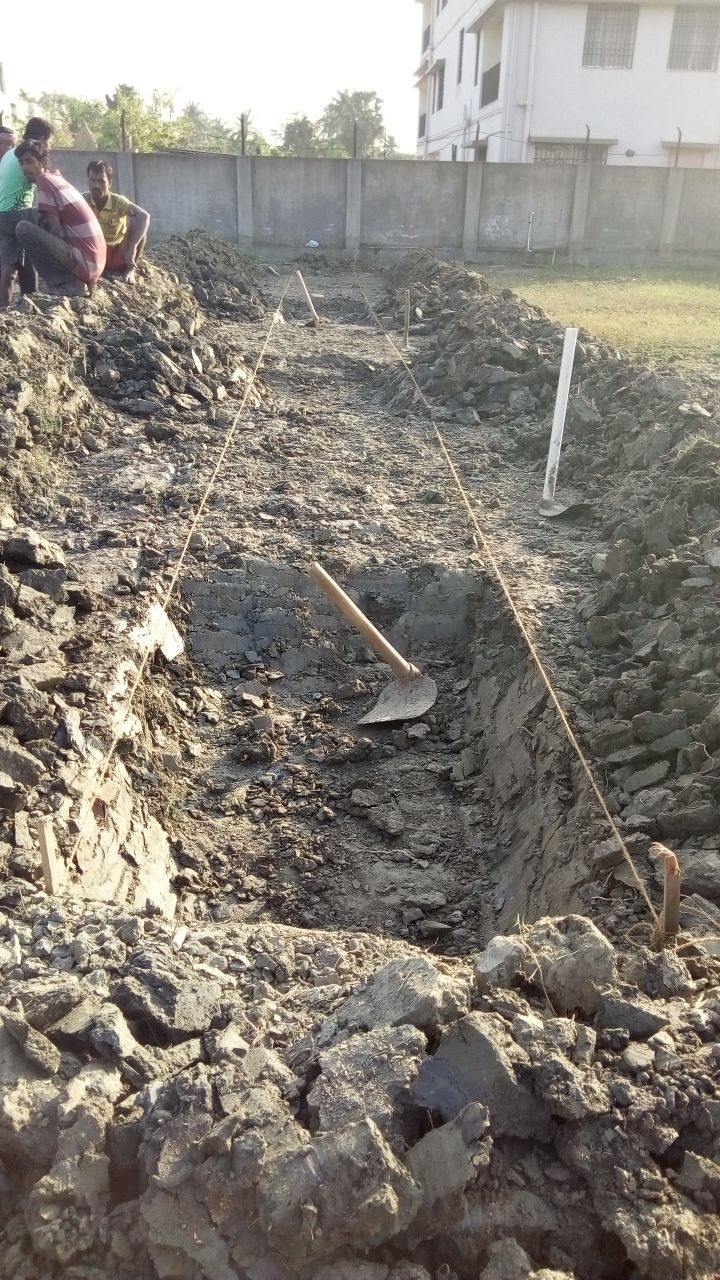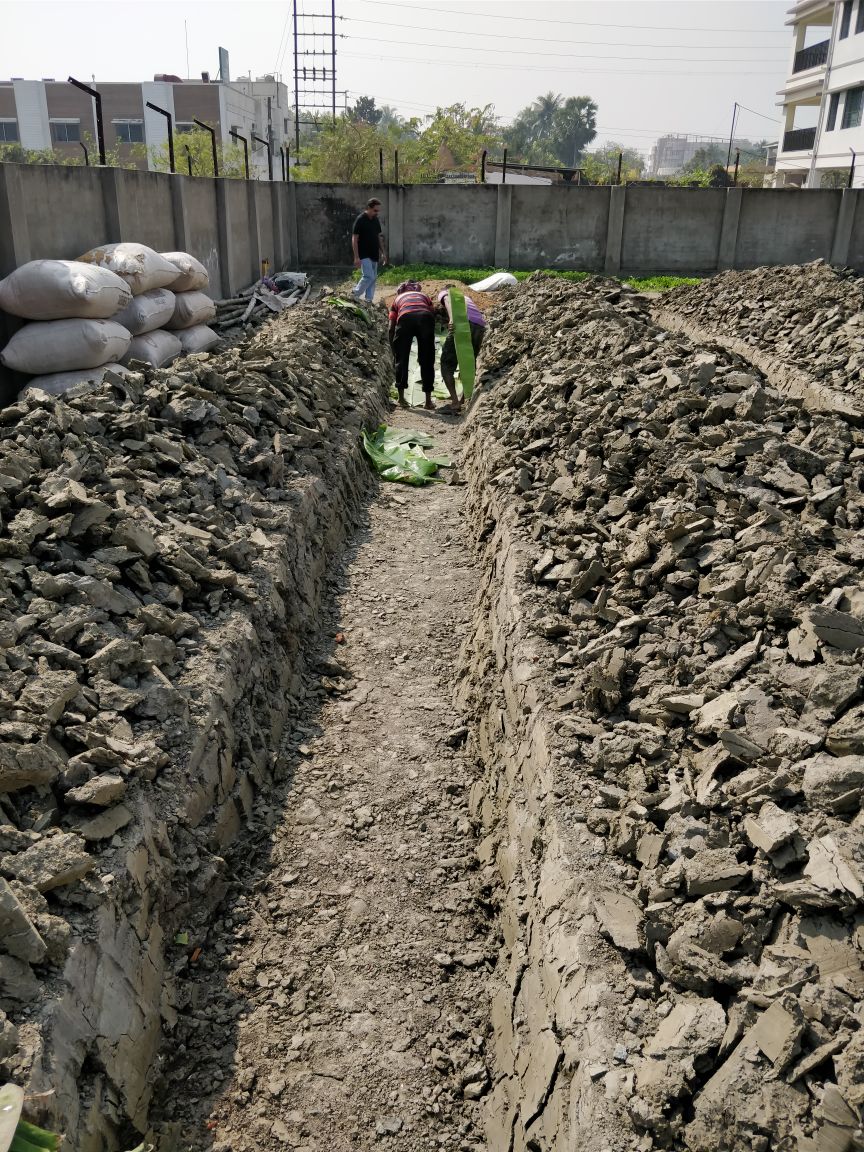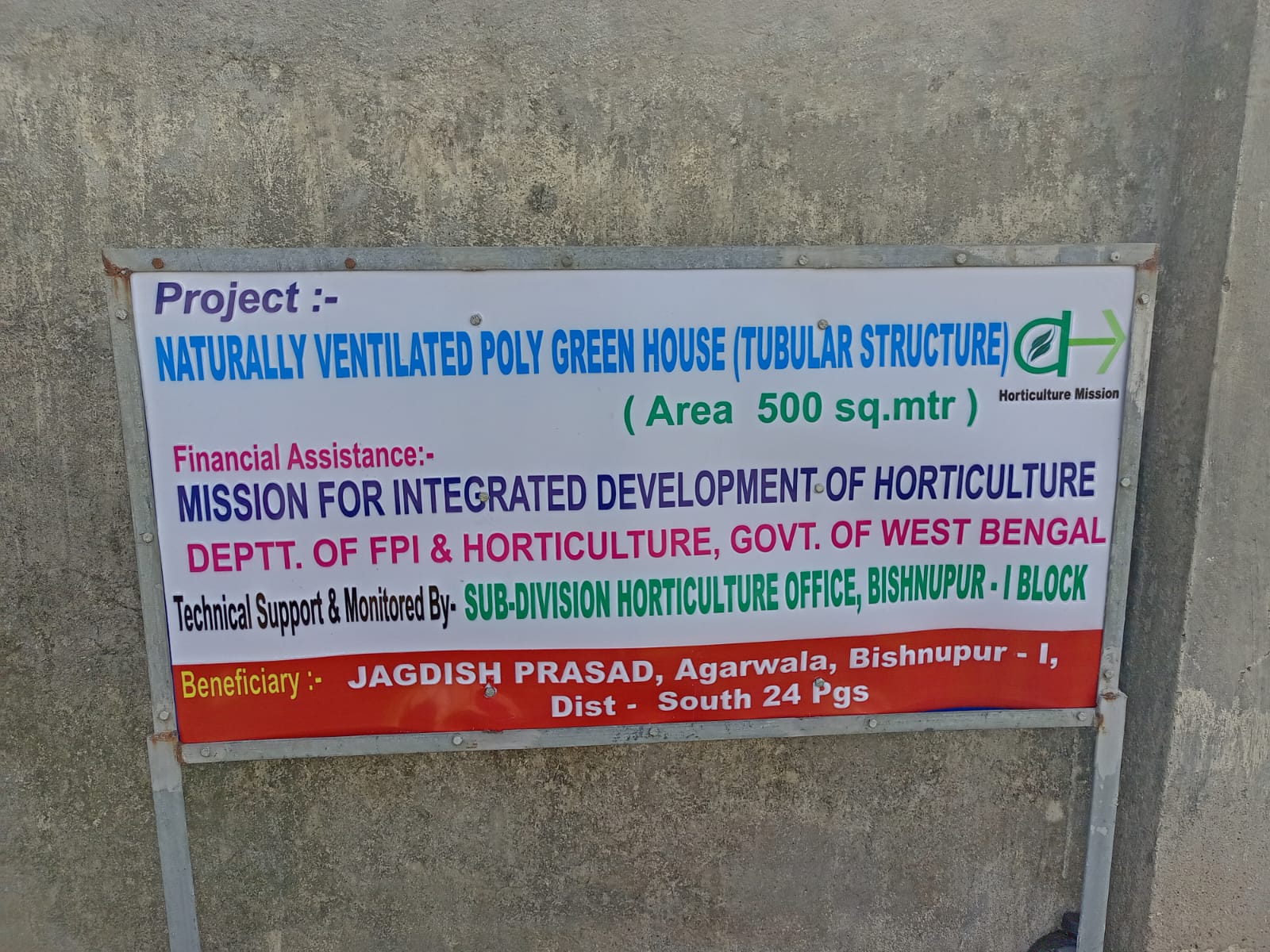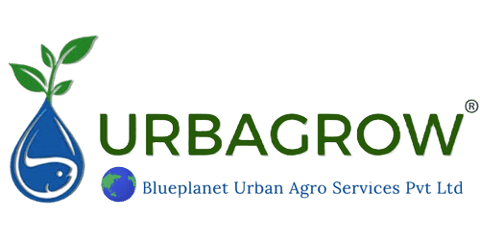.jpg) |  | .jpg) |  |
 |  |
 |  |
Improvement of the sustainability and long-term productivity of farmland
is essential for the future prosperity of India. Protection of the natural
environment and its resources is also a key to sustainability. These two goals can be
achieved together if good plans and techniques are used.
Good plans and techniques follow Permaculture Ethics and Principles and include concepts
such as integration, diversity, following natural patterns, recycling and reusing energy
and waste management.
The key issues we aim to prioritize are:
Maximizing production on agricultural land already in use, in a sustainable and
affordable way
Forming community cooperatives and farmers’ groups that can share resources,
costs, techniques and knowledge
Improving storage, marketing and transportation systems for produce
Many current farming practices use chemical pesticides and fertilizers,
monoculture crops and hybrid seeds. Farmland where these techniques are
practiced often experience serious problems with poor soil conditions and
serious pest and plant disease problems.
As well as experiencing these problems, many farmers are now very poor because they
are required to purchase a great deal of their inputs for farming from commercial outlets.
The chemical fertilizers, chemical pesticides, chemical herbicides, tractors, hybrid seeds,
and even plastic mulch that is used can cost most of a farmers hard-earned profits.
Farming techniques which promote independence instead of dependence are much
better for farmers and their families, and are much more sustainable for the environment.
Techniques which promote independence include:
Using local resources as much as possible
Using organic methods of farm management, including compost, liquid compost
and mulch, and recycling of all farm wastes
Catching and storing rainfall and preventing erosion and soil loss by using
terracing and swales
Using legume trees grown in rows along terraces and swales to divide the land
for crop rotation and allow for integration with animal systems
Improving productivity by integrating several varieties of crops and integrating
different systems
Using organic weed control methods
Using efficient systems of irrigation and water use
Using living fences to protect crops from animals and grow mulch and animal
fodder
Using crop rotation, companion planting and other integrated pest management
techniques to reduce pest attacks, and natural pesticides to control any
problems
Using animals to plough the soil
Using organic fertilizer and reduce pest problems
Using non-hybrid, open-pollinated seeds that can be self-propagated
Step-by-step short-term, mid-term and long-term strategies -
Sometimes to try new techniques and implement major changes, a long-term
approach and plan is needed. This long-term plan can then be divided up into
mid-term and short-term plans to practice and develop new techniques and
make gradual and long lasting improvements. A long-term approach is also more
affordable, less risky and allows for adaptations and new ideas.
Organic certification – Means that the land and water must be chemical free
and all farming practices must be organic. If land is organically certified then any
crop growing on it can use an organic label. This will increase the selling value of
the harvest and open up new markets. To gain organic certification is usually a 3
year process.
